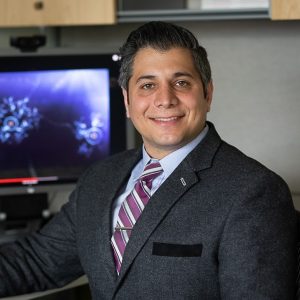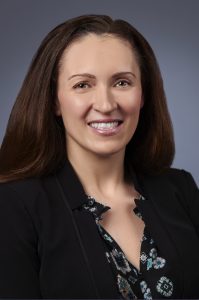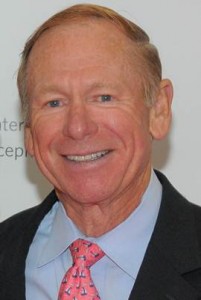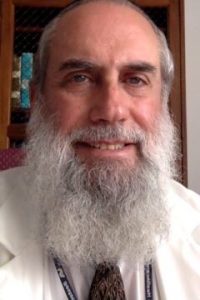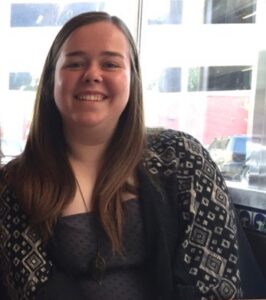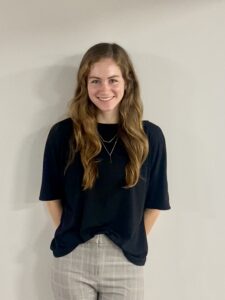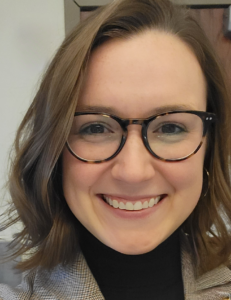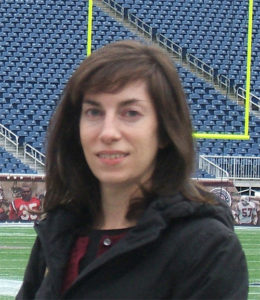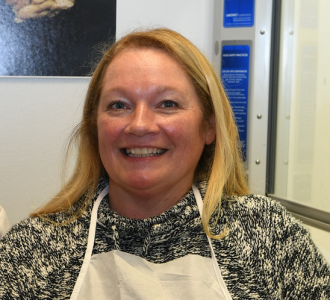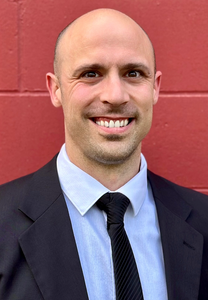UNITE Brain Bank
About
The UNITE Brain Bank is the largest tissue repository in the world focused on traumatic brain injury (TBI) and CTE. The UNITE Brain Bank research team conducts high-impact, innovative research on chronic traumatic encephalopathy and other long-term consequences of repetitive brain trauma in athletes, military personnel, and first responders. The brain bank contains more than 1,500 brains, including over 800 brains that have been diagnosed with CTE using the recently defined NINDS criteria for the diagnosis of CTE. For more information on the neuropathological diagnosis of CTE, please see The Second NINDS/NIBIB Consensus Meeting to Define Neuropathological Criteria for the Diagnosis of Chronic Traumatic Encephalopathy.
Dr. McKee and her team of neuropathologists and other investigators have published over 100 peer-reviewed papers and studies focused on CTE in highly regarded journals, and written over 30 grants to support the daily operations of the brain bank.
The UNITE Brain Bank:
Collects central nervous system tissue samples (brain, spinal cord and eyes) from deceased athletes to better understand the long term effects of mild traumatic brain injury (mTBI) and Chronic Traumatic Encephalopathy (CTE). Researchers at the UNITE Brain Bank are dedicated to improving understanding of the long term consequences of mTBI and advancing the diagnosis, treatment and care and for Veterans and civilians living with mTBI and CTE.
- Reports findings to caregivers in a timely fashion
- Stores and distributes optimally prepared tissue to qualified researchers around the world
- Shares data and other findings with other researchers
The UNITE research team is focused on developing:
- A diagnostic test for CTE in living persons
- Genetic risk factors
- Environmental risk factors
- The importance of age at first exposure
- The role of length of playing career
- Treatment for CTE
All publication of findings are de-identified (without name and identifiable details) unless the CTE Center has received permission from the family to publicize the subject’s participation.
Family members of deceased athletes may donate their loved one’s brain and spinal cord after their death to the UNITE Brain Bank to be examined neuropathologically for evidence of CTE or other disorders of the central nervous system. The family member(s) will be interviewed for a history of their loved one, including their loved one’s athletic and concussion history, educational and occupational history, medical history and history of cognitive, behavioral, and mood symptoms.
For additional information, please contact:
Sophia Nosek at snosek@bu.edu. For imminent brain donation inquiries, please call the UNITE Brain Bank’s 24/7 voicemail/pager at 617-992-0615. Brain donation is a time-sensitive process, so we must be in touch with the legal next-of-kin or medical examiner as soon as possible around the time of death. Families are encouraged to express their intent to donate to the UNITE Brain Bank to coroners, investigators, medical examiners, and funeral directors.
Please review our brain donation brochures and FAQ for more information.
For questions regarding your Brain Donation Registry Card, please contact the Concussion Legacy Foundation: cardrequest@concussionfoundation.org.
Neuropathology Team
-

Ann McKee
Director, BU ADRC & CTE Center
Chief of Neuropathology, VA Boston Healthcare System
William Fairfield Warren Distinguished Professor of Neurology and Pathology, Boston University Chobanian & Avedisian School of Medicine -

Thor Stein
Director, Molecular Research, BU CTE Center
Director, Neuropathology Core, BU ADRC
Associate Professor of Pathology and Laboratory Medicine, Boston University Avedisian & Chobanian School of Medicine
Neuropathologist, VA Boston Healthcare System -

Victor Alvarez
Director of Lab Operations, BU CTE Center
Assistant Professor of Neurology, Boston University Avedisian & Chobanian School of Medicine -
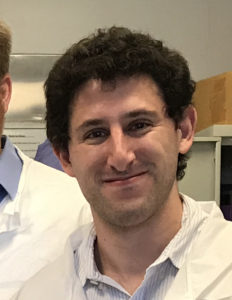
Jon Cherry
Director, Digital Core, BU ADRC & BU CTE Center
Research Neuropathologist, BU ADRC & BU CTE Center
Assistant Professor of Pathology and Laboratory Medicine, Boston University Avedisian & Chobanian School of Medicine
Research Health Scientist, VA Boston Healthcare System
Clinical Team
-
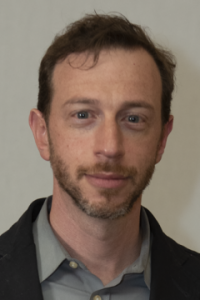
Jesse Mez
Co-Director, Clinical Research, BU CTE Center
Associate Professor of Neurology, Boston University Chobanian & Avedisian School of Medicine
Leader, Clinical Core, BU ADRC
Investigator, BU CTE Center
Co-leader, Framingham Heart Study Brain Aging Program Clinical Core -
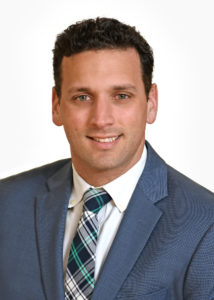
Michael Alosco
Co-Director of Clinical Research, BU CTE Center
Research Vice Chair and Associate Professor of Neurology, Boston University Chobanian & Avedisian School of Medicine
Leader, Boston University Alzheimer’s Disease Research Center Clinical Core -
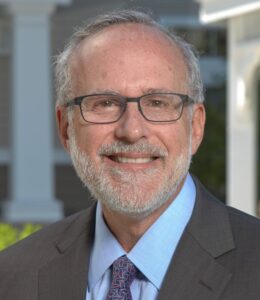
Robert Stern
Professor of Neurology, Neurosurgery, and Anatomy & Neurobiology, Boston University Chobanian & Avedisian School of Medicine
Director of Clinical Research, Chronic Traumatic Encephalopathy Center -

Lisa McHale
Director of Legacy Family Relations
-

Bobby Abdolmohammadi
Research Data Analyst
-

Sophia Nosek
Research Program Manager
Meet the UNITE Study Research Faculty
Postdoctoral Associates
Doctoral Students
Students and Trainees
Histologists
Brain Processing Staff
Research Assistants & Administrative Staff

